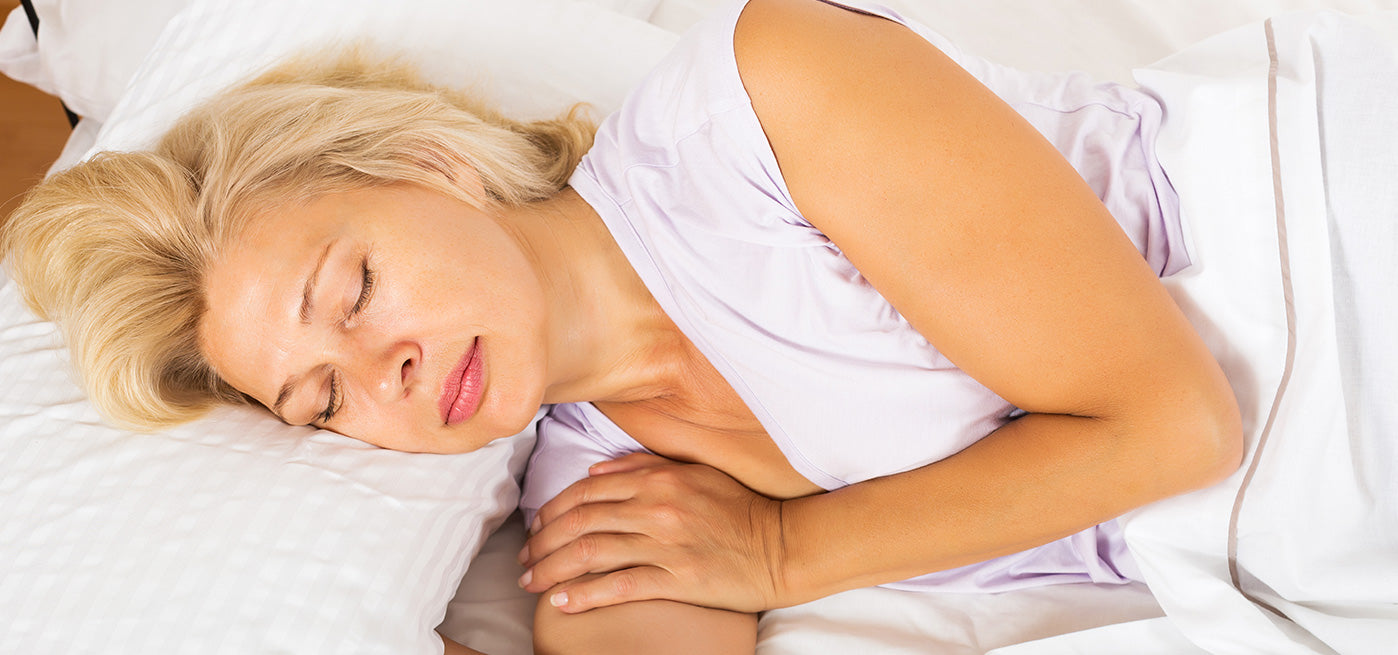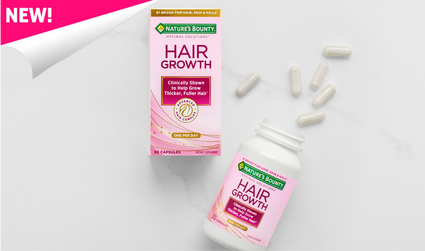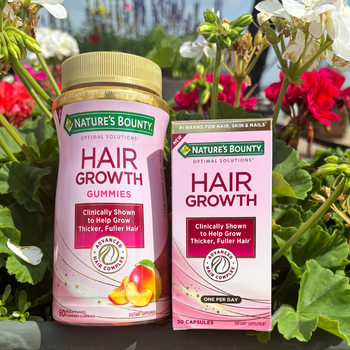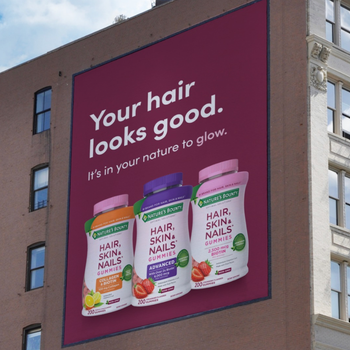
How Much Sleep Do You Really Need?
After a long day at work, taking care of the family, running errands, or preparing for an upcoming holiday, there’s nothing more satisfying than crawling into bed for some much-needed shut-eye. While sleeping is one of the most crucial components of a healthy lifestyle, its significance is often over-looked. If you’re someone who is constantly on-the-go, checking items off your never-ending “to-do” list but never re-charging your own battery, you’ll eventually run out of steam. Have you experienced days where even the most mundane tasks feel like dreaded chores? Your sleep habits could be the culprit. While you never know what tomorrow will bring, one thing is certain; you’re always Better Off Healthy and well-rested. Believe it or not, when it comes to getting shut-eye, there’s no “one-size fits all” approach. So how much sleep do you actually need each night? There are several factors to consider.
Researchers at the National Sleep Foundation cannot pinpoint an exact amount of sleep an individual requires, but they have done extensive studies to develop recommendations based on age. The below chart from the NSF is just a guideline but may be helpful for those who aren’t sure how many hours of shut-eye they should be aiming to achieve.
- Younger adults (18-25): 7-9 hours
- Adults (26-64): 7-9 hours
- Older adults (65+): 7-8 hours
Source: https://sleepfoundation.org/how-sleep-works/how-much-sleep-do-we-really-need/page/0/1
If the number above seems aspirational for your lifestyle, think about how you feel with the sleep you’re currently getting. Does a 5-hour slumber leave you feeling refreshed and revitalized? Or are you groggily trying to get-by each day, relying heavily on caffeine to make you productive? If you’re experiencing the latter, it’s time start gradually adjusting your slumber schedule.
There are a multitude of stimulants that can interfere with your quality of rest. If you’re sipping caffeine into the late afternoon, consuming sugary meals at night, or scrolling on your electronic device before bed, you could be interfering with your body’s natural sleep/wake cycle. Start adjusting your caffeine consumption and gradually shift your cut-off time to an hour earlier each day. The later you drink that cup of Joe, the longer it will keep you buzzing. The same holds true for meals that are high in sugar or carbohydrates. Since these foods give you a burst of cellular energy, they should be avoided late at night. Lastly, turn off your electronic device at least one hour before going to sleep. Laying in bed with the harsh light from your cellphone can stimulate your brain, making it harder for you to relax.
While prioritizing sleep may feel tough at first, Nature’s Bounty® Sleep Gummies and Melatonin can help.* Our delicious Tropical Punch gummies are made with natural flavors and provide you with 3 mg of Melatonin and 200 mg of L-Theanine per serving. L-Theanine helps to support a calm and relaxed mood, while Melatonin works in harmony with your natural sleep cycle to support a sound, restful slumber.* They are an excellent choice for anyone experiencing jet lag, occasional sleeplessness or anyone wanting to improve their quality of rest.* You’re always Better Off Healthy; that means taking care of your body and giving it the amount of rest it requires. Start your sleep-health plan today by discovering which sleep product works best for you.








